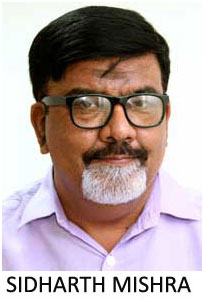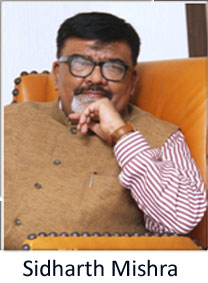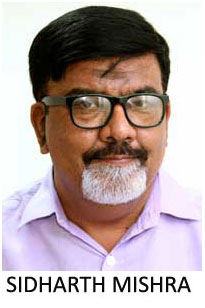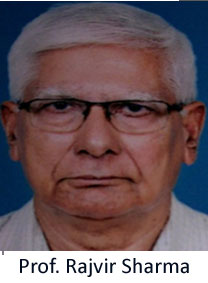Sometime back Punjab chief minister Captain Amrinder Singh has questioned his Delhi counterpart Arvind Kejriwal’s wisdom in claiming that stubble burning in Punjab was solely responsible for the high pollution levels in the national capital. He had wondered how Kejriwal, an IIT graduate, be talking in most unscientific manner. Singh and Kejriwal are political rivals in Punjab and thus the statement was passed off as another instance of political skirmish.
Captain’s dig at Delhi CM, on the hind side, was not without basis. Severe air pollution is a harsh reality that the Delhi government failed to do anything on despite making big claims. The city population has today grown to approximately 25 million with a huge floating population, from 1.7 million people in 1947.
The city has grown manifold both vertically and horizontally with proportionate rise in the density of population. This growth however has been haphazard and unplanned, facilitated by leaders from almost all the political hues. In their eagerness to win over votes, little did they realise the pressure they would be creating on natural resources, which is limited.





